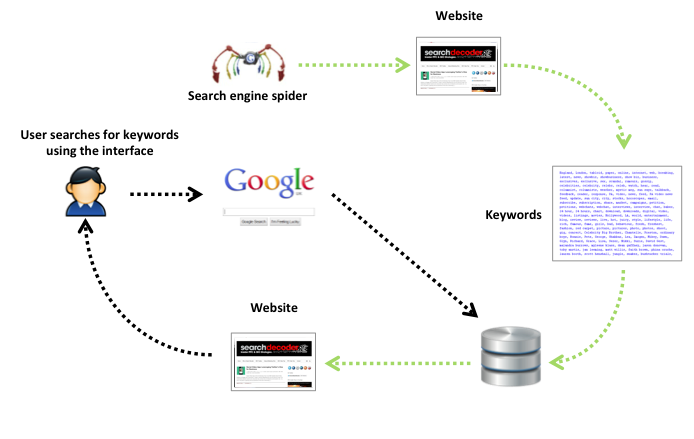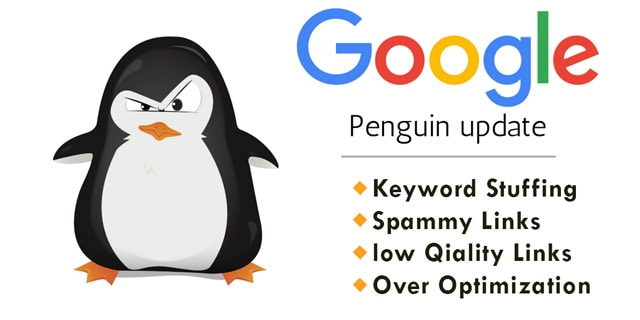Wanna know what the latest changes are to SEO? If you’re here, it’s probably because you’re interested in knowing how to make your site more search engine friendly.
You may have heard about Google’s algorithm updates, Penguin and Panda. You might even know about other algorithms that Google uses that aren’t well known yet.
You don’t need to panic if your site gets attacked by one of these updates, but it’s always best to know what is happening in SEO.
For the sake of clarity, let’s take a step back and talk about:
How do search engines work?
A search engine works by looking for keywords that are relevant to whatever you’re searching for. Google, for example, has a list of keywords handpicked by engineers and SEO specialists.
These keywords are the most popular searches on search engines like Google itself and Bing. They can also get their information from any website that you submit to them when you claim your site in search engine submission forms.
When someone types something into the Google search bar, Google starts looking for the keywords that you entered through its list of handpicked keywords.
It looks through your page to find those words, and the more it finds for each keyword, the higher up in search results it will show up.
With this information, you can determine what sort of content should be on your website’s pages to ensure that Google is able to read them.

How does Google know if your page has the keywords that it’s looking for? It checks through what is known as the “on-page” factors of your site. These include things like:
- Words and phrases on your page,
- Commonly used HTML tags within the content ( headings, sub-headings, lists),
- The length of your title tags and meta descriptions
- How authoritative you are as an author on a site.
Google looks for these factors to determine which pages it should rank in its search results. If Google can’t find the right page content with your keywords within the on-page factors that I mentioned above, it won’t rank your page well.
If you’re trying to drive traffic or you want your site to be found by people searching for something, then you definitely need to know about Google’s various algorithms that affect how search engines work.
This is because these changes can have a huge impact on your website and whether or not people are able to find it.
What is Google’s Penguin algorithm?
From an SEO standpoint, one of the most important things you need to know about is Google’s Penguin algorithm. This change targeted spammy websites and forced them to be more relevant in order to rank better on search engines like Google and Bing.
What exactly does this mean?
Websites that were trying to game the system to get higher rankings were punished by Google. They were trying to manipulate their way into top rankings by posting irrelevant and low-quality content that made it through but didn’t rank as well as they used to in previous years.
The main goal of Penguin is to stop spam from ranking on search engine results pages (SERPs). Currently, it is one of the most powerful algorithms that Google uses to determine which pages are spammy.

So what does this mean for your SEO?
If your website has been affected by Penguin or if it’s particularly spammy and was penalized by Penguin, then try to focus on improving your content so that you can get a better rank.
There are a few ways you can do this.
- Use more relevant keywords in your content, and rewrite the content if necessary so that it’s more than just keyword phrases strung together by words like “the” and “and.”
- Try to write less about topics that have been extensively covered already by other sites in your niche.
- Focus on creating high-quality content that is interesting to readers to build up your site’s overall authority.
- Create and use long-form content if you aren’t already. Google has proven that long-form content ranks better than short, keyword-rich articles.
- Don’t forget to create links between all of your pages so that Google can crawl them more easily.
All of these factors will help you to rank higher on search engines and reach a bigger audience. If you want to know how to get more traffic from the search engines, then you need to focus on improving your content’s quality.
To summarize what I’ve said here: if you want to rank well on Google and other search engines, make sure that your content is relevant, high quality, and in-depth. Make it interesting for people as well by using engaging language and by providing helpful information about the subject you’re writing about.
If you do this, then it’s likely that you’ll be able to get more traffic from search engines and dominate your niche.
Sharing is caring! So if you found this post useful, I’d really appreciate it if you shared it with online friends on social media or over email. 🙂
Want to learn more about SEO? Sign up for my email updates!

Ali is a digital marketing blogger and author who uses the power of words to inspire and impact others. He has written for leading publications like Business2Community, Inc. Magazine, and Marketing Profs. When not writing, he enjoys spending time with his family.
